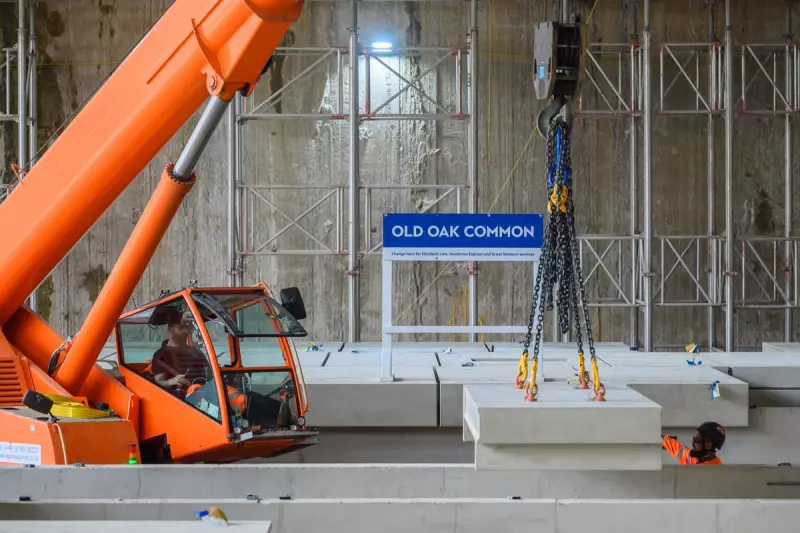
The UK's ambitious HS2 high-speed rail project has become synonymous with delays, spiralling costs, and political controversy. As the beleaguered scheme limps towards an uncertain future, many are asking: where did it all go wrong?
A Dream Derailed
Originally envisioned as a transformative infrastructure project that would revolutionise travel between London, the Midlands and the North, HS2 has instead become a cautionary tale of poor planning and execution. The budget has ballooned from an initial £37.5 billion to over £100 billion, while key sections of the route have been scrapped entirely.
Swiss Efficiency: A Blueprint for Success?
In stark contrast stands Switzerland's rail network, renowned for its precision, efficiency and popularity. The Alpine nation moves more passengers per capita by rail than any other European country, with trains that run like clockwork.
Key factors in Switzerland's success include:
- Long-term, cross-party political consensus on transport policy
- Integration of rail with other transport modes
- Focus on reliability rather than outright speed
- Decentralised decision-making involving local communities
Lessons for the UK
Experts suggest Britain could learn valuable lessons from the Swiss approach:
- Political stability: Avoid constant policy changes with each new government
- Realistic planning: Set achievable goals with clear benefits
- Community engagement: Involve local stakeholders from the outset
- Integrated thinking: Plan rail as part of a wider transport ecosystem
The Road Ahead
With the future of HS2 still uncertain, the debate continues about whether Britain can salvage its rail ambitions. As one transport expert noted: "We don't need to reinvent the wheel - we just need to look at what works elsewhere." The Swiss model offers compelling evidence that efficient, popular rail systems are possible - if the political will exists to learn from others' successes.





